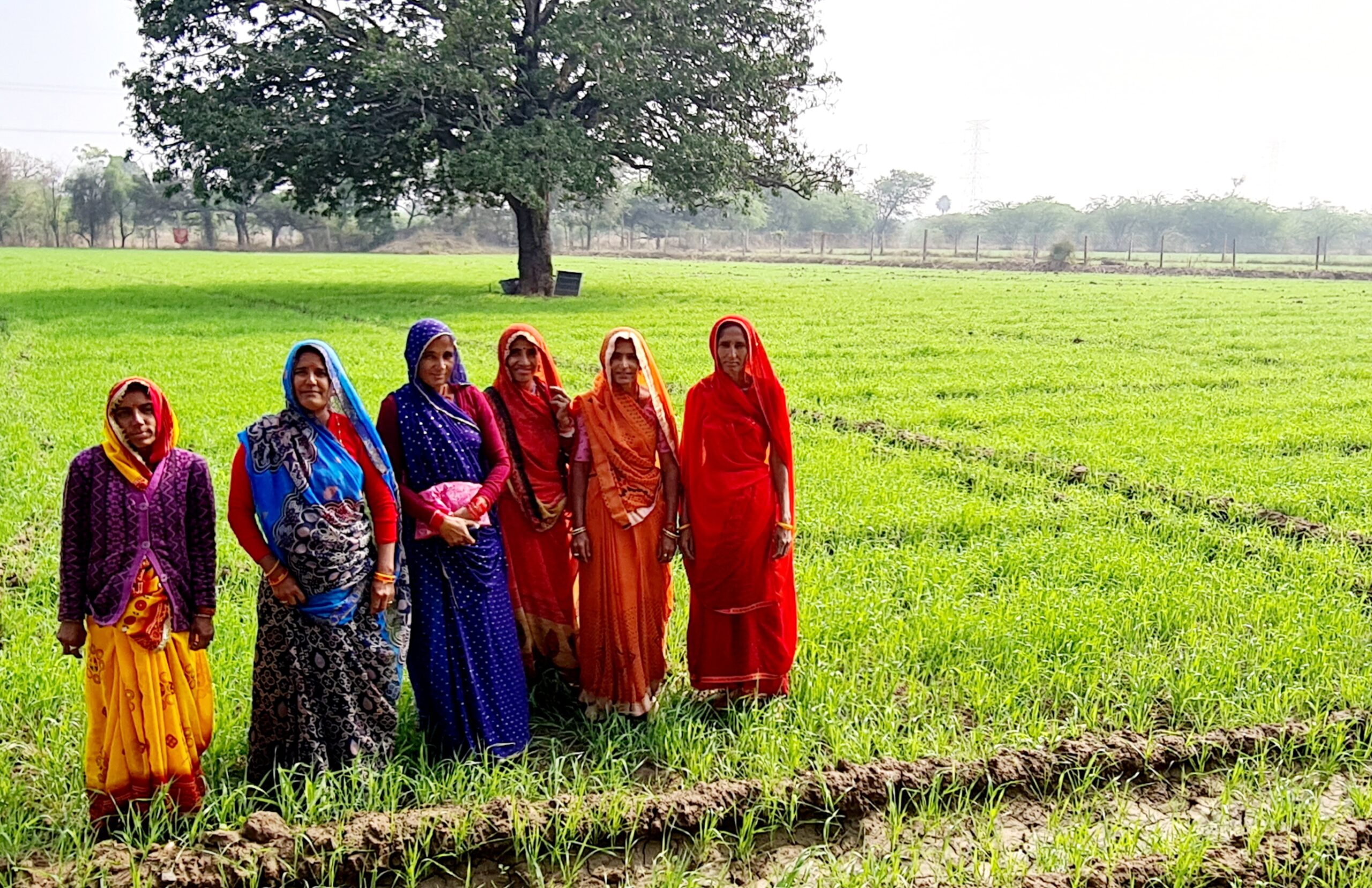By Neena Bhandari
Hinta and Dharta Villages (Rajasthan), 24.10.2024 (Loss and Damage Research Observatory): Tulsi Devi Bhatt, draped in an embellished purple sari and a full sleeve red kurti (top), navigates her way through the wheat fields in Hinta village in the western Indian state of Rajasthan’s Udaipur district. She is on her weekly mission to measure water level in the dug wells – the quantity of water is critical for the food security and livelihood of her community.
Hinta is part of the two multi-village, hard rock aquifer watersheds – the 6400-hectare Dharta watershed in Rajasthan and 5000-hectare Meghraj watershed in Gujarat, where MARVI – Managing Aquifer Recharge and Sustaining Groundwater Use through Village-level Intervention – project has been instrumental in enhancing groundwater recharge and availability.
Spearheaded by the Western Sydney University in Australia, working in collaboration with seven other partners in India and elsewhere, the MARVI project is aimed at empowering farmers like Tulsi with the knowledge and tools necessary for sustainable and equitable groundwater management in their villages.


